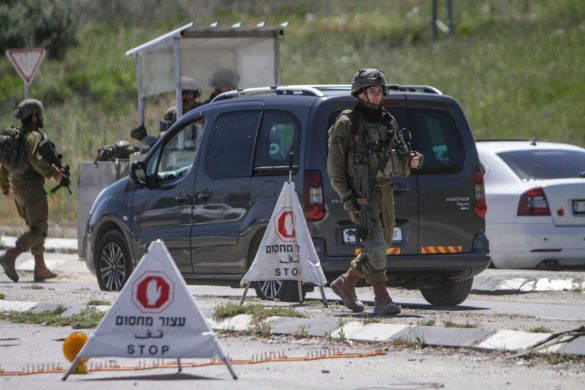KABUL, 31 May 2010 (IRIN): As hundreds of delegates from across Afghanistan arrive in Kabul for a three-day meeting to discuss the prospects for peace, experts are warning of major flaws and risks in the government’s draft peace plan.
Making peace with the Taliban will be the main issue for discussion at the Consultative Peace Jirga (assembly) but no insurgent representative has been invited. About 1.500 delegates, handpicked by the government, will assemble under a large German-donated tent in Kabul on 2-4 June to endorse President Hamid Karzai’s plans for a much-desired reconciliation with the armed opposition.
Karzai says he needs advice from delegates on how to curb the Taliban insurgency. Many donors and the UN have endorsed Karzai’s overtures of peace with the Taliban, who were toppled by a US-led military intervention in late 2001.
The Karzai government has already drafted and shared with donors the Afghan Peace and Reintegration Programme (APRP), which is expected to be debated at the Jirga.
What drives the insurgency?
Afghan and US officials say most of the rank-and-file insurgents are fighting primarily for economic reasons and an attractive reintegration package will wean them off the conflict.
The APRP stipulates rewards and privileges for those insurgents who are willing to renounce violence and submit to the Karzai government.
Physical security; amnesty for their previous felonies; grievance settlements; humanitarian and development aid; employment and vocational training are part of the APRP package for low-level insurgents. Senior insurgents will be entitled for relocation outside the country.
– Unemployment and poverty make it more likely for some people to fight but they are not fundamental factors of the insurgency, Matt Waldman, a fellow at Harvard University’s Carr Center for Human Rights Policy, told IRIN.
He said the insurgency was driven by three domestic factors: a predatory political system that has excluded some ethnic groups; abuse of power by government officials; and a perception that the international forces are overly aggressive. The Taliban are also allegedly backed by elements in the Pakistani military and intelligence establishments, he said.














